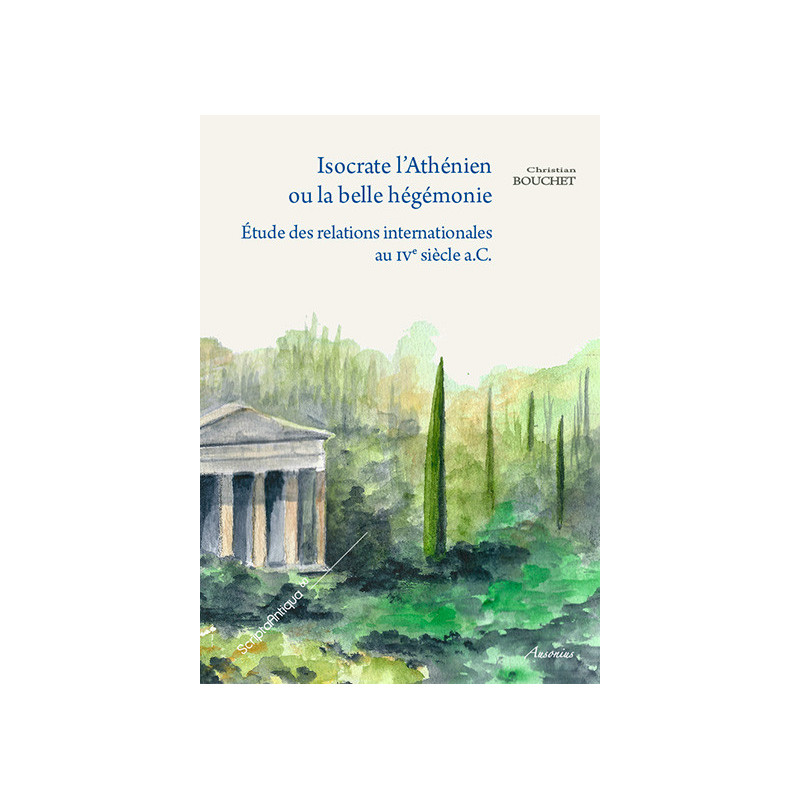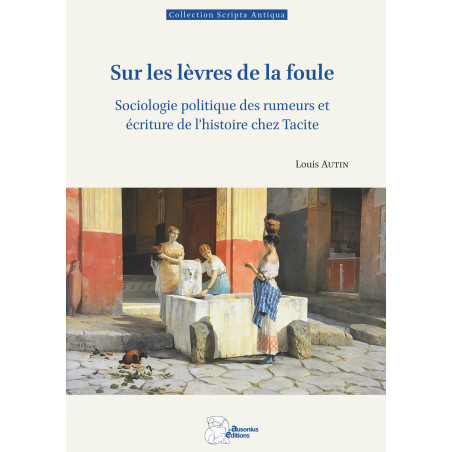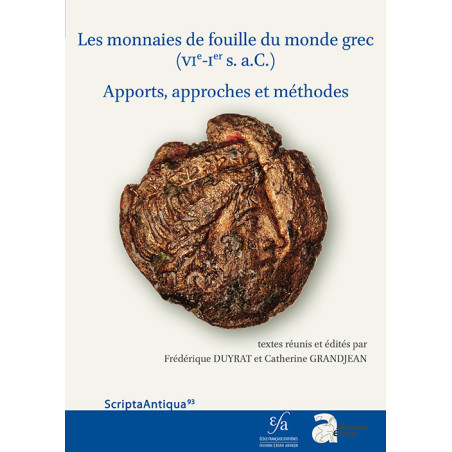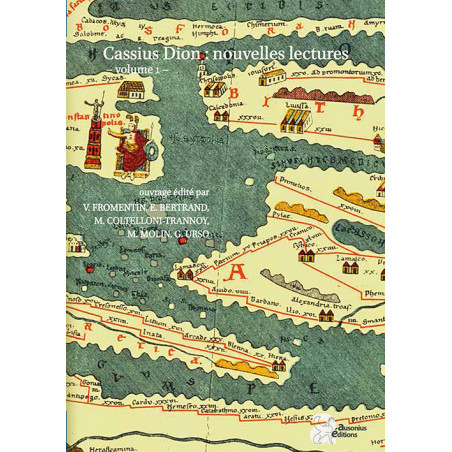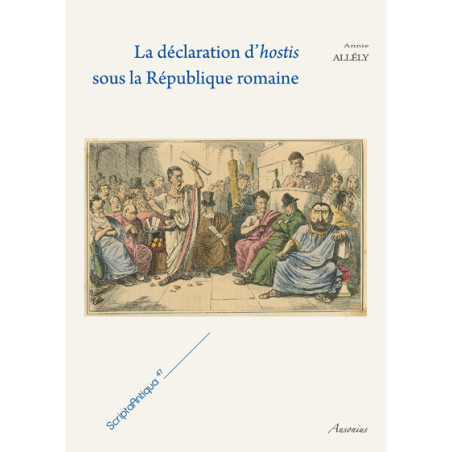Scripta Antiqua 60
Isocrate l'Athénien ou la belle hégémonie. Etude des relations internationales au IVe siècle a.C.
We mistakenly use to see Isocrates as a bookworm, a man reluctant to speakin public, but he actually deserves a new insight as far as he was asserting his political thought with strength and a good sense of touch. Previously close to the sophists, this teacher of rhetoric lived long enough (436-338) to be a witness of so many events likely to alter or amend the Athenian democracy (Peloponnesian War, dissolution of the Delian League in 404/3 and the creation of the Second Athenian League in 378, the Allies’ War in 357-355 and the rise of Phillip II in Macedonia in the 350’). Isocrates reported those acts along all his discourses and letters, and he organized them according to the continuous matter of the Athenian hegemony. Isocrates thought that the hegemony of his own city and its superiority in Greece, despite the claims of Thebes or Sparta, were legitimate. Moreover, as soon as Athens was weaker than those cities, around 360’-350’, Isocrates began to look at another kind of hegemony, different from the arche. In his works, it is no longer question of military or political domination, but of a cultural one. This semantic sliding of the word hegemony is the focus of this study, which offers a new translation of the On the Peace (356/355).
On the same subject
Scripta Antiqua 93
Les monnaies de fouille du monde grec (VIe-Ier s. a.C.). Apports, approches et méthodes
Publication date :15/10/2016
Scripta Antiqua 47
La déclaration d'hostis sous la République romaine
Publication date :01/01/2012
